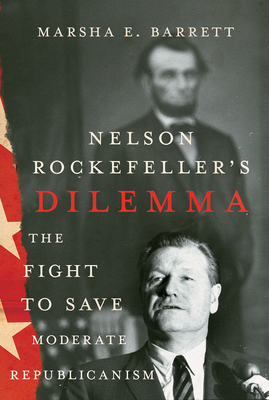
Barrett, Marsha E.
As the Civil Rights movement intensified in the early 1960s, Rockefeller envisioned a Republican Party recommitted to its Lincolnian heritage as a defender of Black equality. But the party's extreme right wing, encouraged by its successful outreach to segregationists before and after the nomination of Barry Goldwater, pushed the party to the right. With his national political ambitions fading by the late 1960s, Rockefeller began to tack right himself on social and racial issues, refusing to endorse efforts to address police brutality, accusing, without proof, Black welfare mothers of cheating the system, or introducing harsh drug laws that disproportionately incarcerated people of color. These betrayals of his own ideals did little to win him the support of the party faithful, and his vice presidency ended in humiliation, rather than the validation of moderate ideals.
An in-depth, insightful, and timely political history, Nelson Rockefeller's Dilemma details how the standard-bearer of moderate Republicanism lost the battle for the soul of the Party of Lincoln, leading to mainlining of white-grievance populism for the post-civil rights era.







